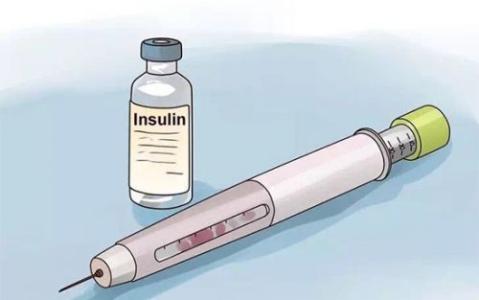Insulin resistance refers to the decline in the efficiency of insulin in promoting glucose uptake and utilization due to various reasons, often accompanied by hyperinsulinemia, which can easily lead to metabolic syndrome and type 2 diabetes.
Insulin is an important hormone that controls many bodily processes.
However, problems with this hormone are at the heart of many modern health conditions.
Insulin resistance, in which your cells stop responding to insulin, is very common. In fact, more than 32.2% of the population may have this condition. Depending on the diagnostic criteria, this number may rise to 44 percent in obese women and may exceed 80 percent in some patient groups. About 33 percent of obese children and adolescents may also be insulin resistant.
Even so, simple lifestyle measures can greatly improve the situation.
This article explains everything you need to know about insulin and insulin resistance.
Insulin is a hormone secreted by the pancreas. Its main role is to regulate the amount of nutrients circulating in the blood. Although insulin is primarily involved in blood sugar management, it also affects the metabolism of fat and protein. When you eat foods that contain carbohydrates, the amount of sugar in your blood increases.
Cells in the pancreas sense this increase and release insulin into your blood. Insulin then travels through your blood, telling your cells to extract sugar from your blood. This process results in lower blood sugar levels.
Hyperglycemia in particular can have a toxic effect, causing serious injury and possibly death if left untreated.
However cells sometimes stop responding properly to insulin, this is known as insulin resistance.
In this condition, your pancreas produces more insulin to lower blood sugar levels, which leads to high levels of insulin in your blood, called hyperinsulinemia. Over time, your cells may become increasingly resistant to insulin, causing insulin and blood sugar levels to rise. Eventually your pancreas may become damaged, resulting in decreased insulin production.
When blood sugar levels exceed a certain threshold, you may be diagnosed with type 2 diabetes.
Insulin resistance is the leading cause of this common disease, which affects approximately 9% of people worldwide.
Insulin resistance and insulin sensitivity are two sides of the same coin.
If you have insulin resistance, you have low insulin sensitivity. Conversely, if you are insulin sensitive, your insulin resistance is low. Insulin resistance is bad for your health, while insulin sensitivity is good for your health.

